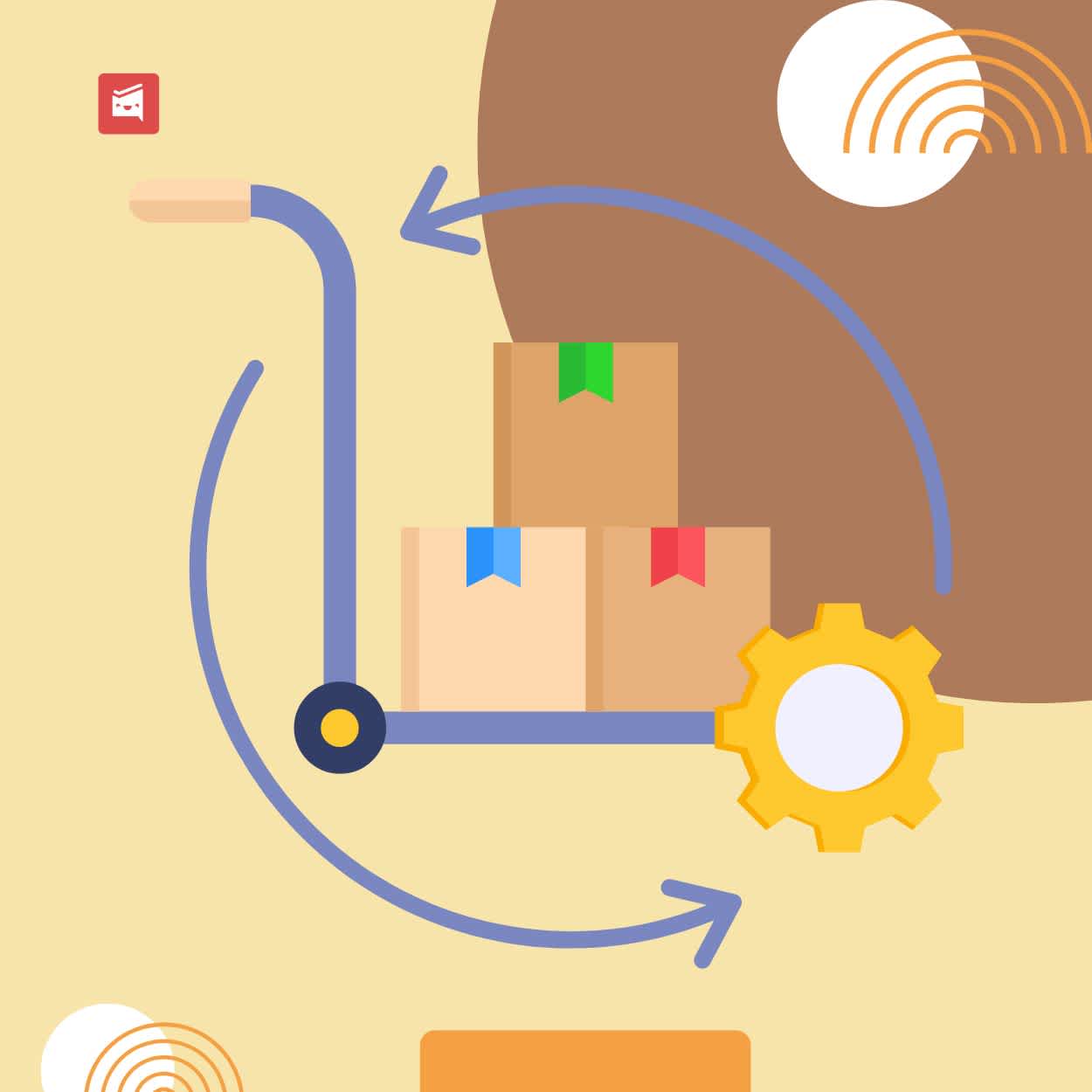Procurement in the digital age
ByJulian Gette
Workast publisher

Workast publisher
Procurement in the digital age
Many aspects of operations have seen major changes as a result of the digital age. Procurement is one of the most prominent sectors to experience a major transformation. The way organizations purchase products and services has been completely transformed by the incorporation of digital technologies into the procurement process. This change has improved cost-effectiveness, efficiency, and transparency by streamlining operations. In this era, procurement is changing in a number of ways due to digital capabilities.
The world of traditional procurement, characterized by complex procedures and laborious processes, is about to undergo a dramatic change. The transition from old-fashioned, paper-based procurement to a flexible, tech-enabled strategy is being driven by the emergence of digital technology. Businesses are understanding the urgency of adopting this transformation to maintain their positions in the changing marketplace.
The shift in procurement is being driven by a broad range of digital capabilities. Let's examine some of the major technological developments that are changing the face of procurement:
Predictive insights and sophisticated data analytics are utilized in digital procurement. Experts can examine enormous volumes of data using machine learning algorithms and big data to make well-informed decisions. Predicting supplier performance, maximizing inventory levels, and seeing possible cost-cutting avenues are all included in this. Anticipating market patterns is another benefit of predictive analytics, which is particularly useful in sectors where prices are erratic.
Automation and optimization of several procurement processes are greatly aided by artificial intelligence and machine learning. Routine operations like data entry, supplier interactions, and even purchase order creation can be handled by these technologies. When it comes to supplier questions, AI-driven chatbots take over, relieving the workload of human procurement specialists. Additionally, machine learning algorithms improve demand forecasts, assisting businesses in minimizing surplus stock and maintaining appropriate inventory levels.
Transparency and security are provided by blockchain technology in the recording and verification of transactions. It can produce an unchangeable ledger of every transaction in procurement, from the first request for products or services to the last payment. This openness guarantees the accountability and immutability of every stage in the procurement procedure. Blockchain also enhances trust between traders and lowers the risk of fraud.
SRM software, which offers an integrated system for managing supplier relationships, is a crucial component of digital procurement. It provides tools for monitoring supplier performance, evaluating compliance with contracts and regulations, and negotiating terms. Additionally, SRM software plays a significant role in IT procurement, where managing technology vendors and ensuring compliance with industry standards are critical for business success. This aids in supplier risk management, ensuring reliability and stability.
eSourcing solutions make the process of finding and choosing vendors easier. These platforms facilitate the creation and dissemination of requests for proposals (RFPs), the assessment of supplier answers, and the execution of virtual negotiations for companies. These sourcing solutions offer an organized method for choosing suppliers, which improves the effectiveness of the procurement procedure. To properly use these technologies, procurement professionals need to possess the necessary knowledge and abilities. Procurement training courses provide information on current trends, optimal procedures, and digital tool usage.
Digital procurement has a wide range of effects on different facets of corporate operations, including:
Routine tasks are automated by digital procurement systems, which cuts down on processing time and mistake rates. Procurement teams are able to concentrate on important tasks because of this efficiency. This efficiency is further enhanced with ControlHub procurement software, which streamlines purchasing operations and ensures seamless workflow management.
Keeping in constant contact with suppliers guarantees transparency and strengthens bonds between the two parties. For the purpose of negotiations and dispute settlement, this cooperation is essential.
Electronic procurement streamlines procedures and creates chances for cost savings through supplier comparison and discount negotiation.
Adopting digital skills is a necessary step for companies hoping to stay relevant and competitive in the digital era. At the forefront of this change is procurement, which is using cutting-edge technologies to improve efficiency, streamline processes, and promote openness. Businesses may maximize supplier relationships, cut costs, and adjust to market dynamics with the use of data analytics, artificial intelligence (AI), blockchain, and other digital technologies.
